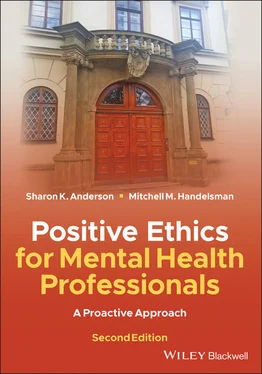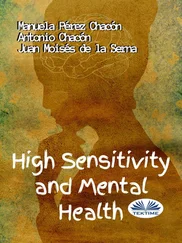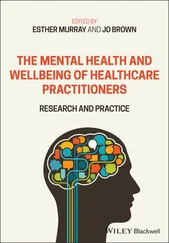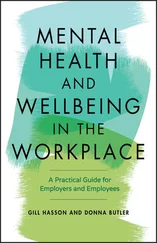The last domain, procedural justice, includes the last two guidelines: (a) engaging with social systems and (b) raising awareness about system impacts on individual and community wellbeing. The first five guidelines were more on the micro and meso levels; these guidelines tap into the macro level. We can support our clients by getting involved in larger systems that impact them. We might work as allies or advocates in academic settings to provide psychoeducation on matters of oppression and discrimination. We might work with organizations to reform policies within different systems to make them less harmful to marginalized clients.
Understanding our social justice responsibility to our clients and their communities, especially those from marginalized groups, goes beyond the four walls of the therapy room. Sue et al. (2019) suggest we need to expand “the role of the helping professional to include not only counselor/therapist but also advocate, consultant, psychoeducator, change agent, community worker, and so on” (p. 488). Groups of people have been overlooked, devalued, and disrespected because of being different from the “norm” or from the dominant culture (Sue et al., 2019)—including in the world of psychotherapy. As psychotherapists, we are naturally committed to the wellbeing and mental health of our clients. Hopefully, we are also committed to the mental health of the community. We must consider commitment to social justice because the mental health of our clients and community and social justice are inseparably tied together (Hailes et al., 2020).
Journal Entry: Social Justice and My Core (My Needs, Motivations, and Values)
The list of social justice counseling roles by Sue and his colleagues may appear daunting to some and exciting to others. You may ask, “How do I perform several roles—such as therapist and advocate or change agent—with my clients and their world? How do these roles even fit together? How does being an advocate, a change agent, or psychoeducator relate to my needs, motivations, and values for being a psychotherapist?”
Take a moment to look back at the exercises in Chapter 1where you identified or listed your needs and motivations for becoming a psychotherapist and important values for being a psychotherapist. As you review these lists, which needs, motivations, and values suggest a call to promoting or improving the welfare of humans? Which ones are more exclusively individual in nature? Which ones represent a mixed picture—addressing the call to help your individual clients in addition to the call to social justice? Hailes et al. (2020) provided guidelines and actionable items for implementing social justice counseling, and Sue et al. (2019) identified possible roles in social justice counseling/therapy. How do you see yourself as an advocate? consultant? psycho-educator? change agent? community worker? How might you fulfill some of these roles? Which of those struck a chord with your core? What does that say about what’s in your core and the foundation for your professional ethical identity?
In this chapter, we’ve looked at several parts of your core—your moral self. We know that for some readers, this is an uncomfortable chapter to read. Exploring our points of privilege and thinking about how privilege interacts with discrimination and oppression is uncomfortable but necessary work. Let us emphasize four points about this aspect of our mansion and spiral staircase. First, coming to acknowledge our points of privilege is a process, not an event. We’ve just encouraged you to take the next steps on this journey, but there are always more. Second, all of us have experienced socialization. Thus, we are not alone in this journey. We might have different points of privilege, experience different types of discrimination and oppression, and be at different levels of awareness along the way, but we can certainly benefit from others who are in the process. Third, as soon as we become more aware of how our privilege plays into systems of oppression, we can begin our efforts to be more socially responsible in our work—through entering other roles (i.e., social justice advocate) outside the four walls of psychotherapy. Finally, perfection is not the goal on this journey—but it is an aspiration that motivates us. We encourage you to be willing to have the difficult dialogues, hear the feedback from others (and yourself) along the way, own what is yours. But don’t punish yourself for mistakes and missteps along the way.
Understanding privilege, oppression, and social responsibility, along with your values, virtues, motivations, and needs, gives you a firm foundation on which to build your professional ethical identity. We are ready now to explore the ethical acculturation process and the culture of psychotherapy.
Конец ознакомительного фрагмента.
Текст предоставлен ООО «ЛитРес».
Прочитайте эту книгу целиком, купив полную легальную версию на ЛитРес.
Безопасно оплатить книгу можно банковской картой Visa, MasterCard, Maestro, со счета мобильного телефона, с платежного терминала, в салоне МТС или Связной, через PayPal, WebMoney, Яндекс.Деньги, QIWI Кошелек, бонусными картами или другим удобным Вам способом.












